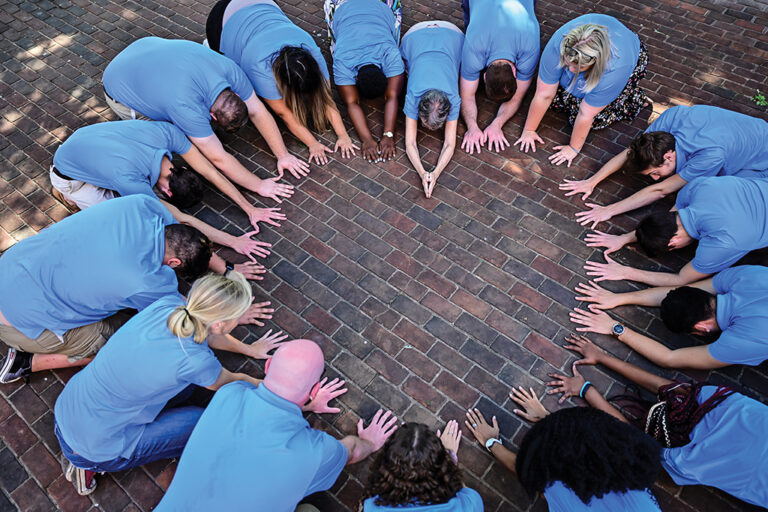The Campus Christian Center mentors students to focus on diversity, inclusion and love
The Campus Christian Center (CCC) is a special place. An essential component of campus life, the CCC is committed to cultivating an atmosphere of radical hospitality and nurturing the spiritual wellness of the Berea College community.
The staff at the CCC is dedicated to living mindful lives and encourages the Berea College community to do the same. Coming from a variety of backgrounds and specialized in many areas, each member of the CCC has one’s own story to tell.
“I love Berea’s mission, what it’s about, and if a college could be my personal faith, Berea would be it,” said Rev. Dr. Jake Hofmeister, one of three College chaplains.
New Blog
The CCC Chaplains have launched a new blog. The Center plans to have monthly posts written on a rotating basis among its three Chaplains.
Take a minute to read the first post.
A Presbyterian pastor who promotes engagement with different religions, Hofmeister’s focus is interfaith dialogue. He hopes the CCC is a place for all students to come and learn from one another.
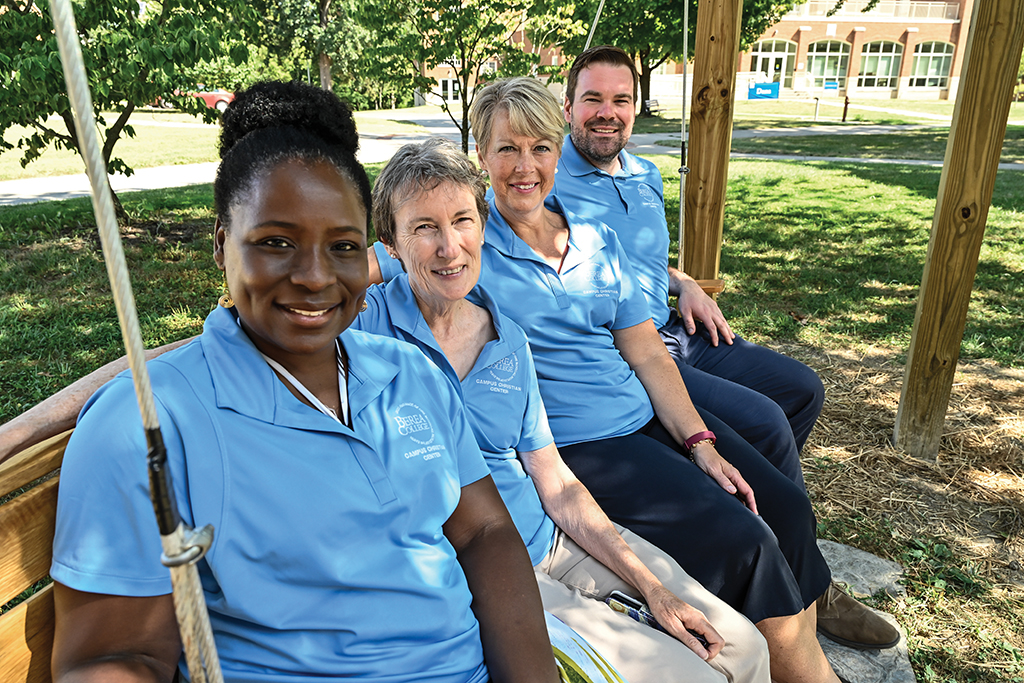
The CCC dedicates itself to serving the campus community, an area in which Rev. Dr. LeSette Wright, one of the College’s chaplains, is an expert. In her career, Wright has navigated multiple difficult experiences, including the 9/11 attacks, the bombing at the Boston Marathon and working with survivors of the mass shooting at Sandy Hook Elementary School. A counselor at heart, Wright created disaster response chaplaincy ministry to help people deal with extensive trauma.
“God said to me, ‘This is your journey; this is what I’ve called you to do,’” Wright explained. “‘I’ve called you to be my hands and feet on earth, wherever that is. Wherever that takes you.’”
The College’s dean of the chapel, Rev. Dr. Loretta Reynolds, was told she would “get over” the phase of wanting to be a minister more times than she can count. Nevertheless, Reynolds pursued higher education where she faced challenges: being one of two women in a class, having never heard a woman preaching before doing so herself, and having people put their legs up and read the newspaper while she preached her sermons.
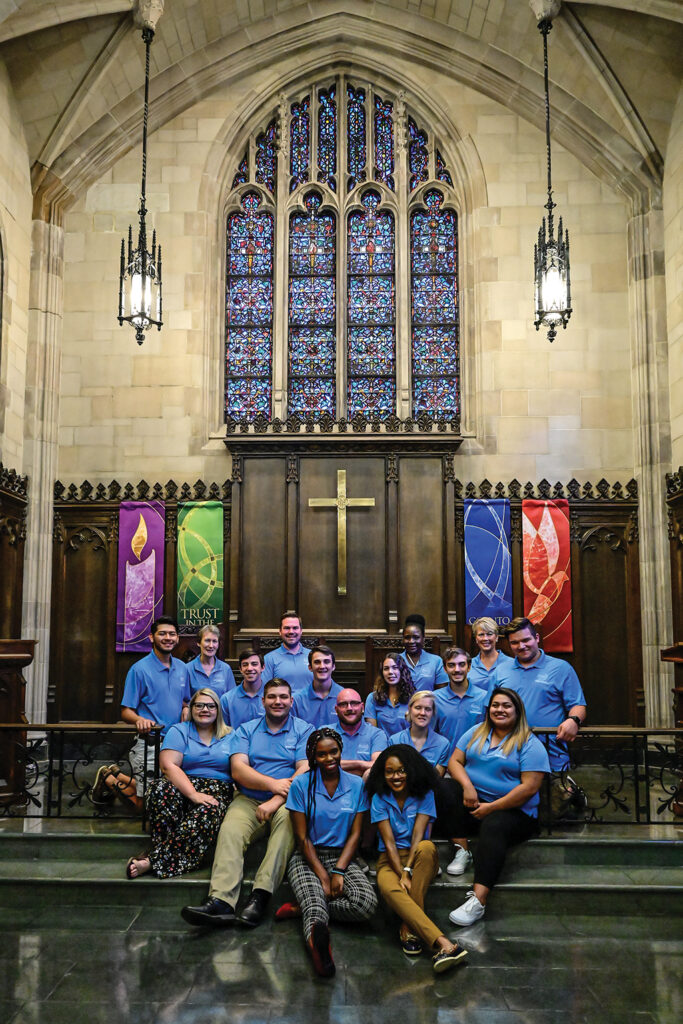
“With my denomination, I would have been limited,” she recalled. “One of the many wonderful things about Berea is that, because it is nonsectarian, I am welcome and accepted here. The beauty of Berea is that it welcomes everybody.”
The stand John G. and Matilda Fee took on women and education is one of the reasons Reynolds fell in love with Berea and its commitments. She and the other CCC staff work to instill these commitments in the student chaplains who serve with the CCC as well.
Promoting student service
Student chaplains are essential to the CCC. They go through multiple trainings and workshops, and they serve as a liaison between the Berea student body, the CCC and other student organizations on campus.
Any student can apply to become a chaplain, which encourages interfaith relationships and creates an inviting atmosphere for everybody on campus. Chaplains come from a wide variety of backgrounds, areas of study and religious identities.
“When I applied, I thought to myself, ‘This isn’t even a job,’” said Mohlatlego “Mo” Makgoba ’19, an international student from South Africa who worked as a student chaplain for three years while at Berea.
Makgoba decided to apply as a student chaplain because of the example set by the chaplain in her first-year residence hall.
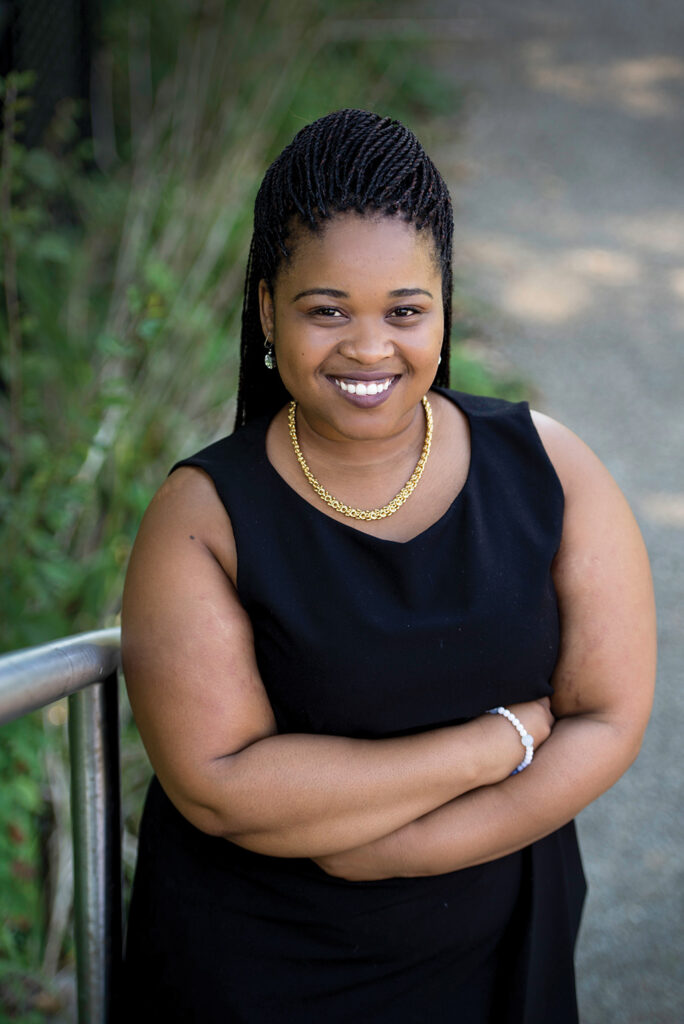
“She seemed like she had her life together and a spiritual relationship with God,” Makgoba recalled. “It went along with being nice to everybody and being inclusive. It didn’t even seem like a job, just a fun thing to do.”
Aside from responsibilities such as organizing programs, student chaplains are trained in peer counseling and are ready to lend an ear to students who need it.
“They need to know we are here for them,” Makgoba said. “While working, I was happy there was a space where people could come in, get coffee and talk to people who wanted to listen. People can take for granted the fact that they are there to provide community. Religion for a lot of people is a family thing, where you go to church because your parents do. But then you go to college and you are exposed to different ideas. So you need somebody to navigate with you.”
She explained that religion shapes lives, and while in college, people’s ideas are going to be challenged. That’s part of what makes student chaplains’ roles so relevant.
In addition to helping other students, chaplains often need to reflect on their own beliefs. “It’s hard being a chaplain,” Makgoba said,” especially, when you encounter people whose religion is different from yours. If you’re not mature in your religion, it can become very intimidating.”
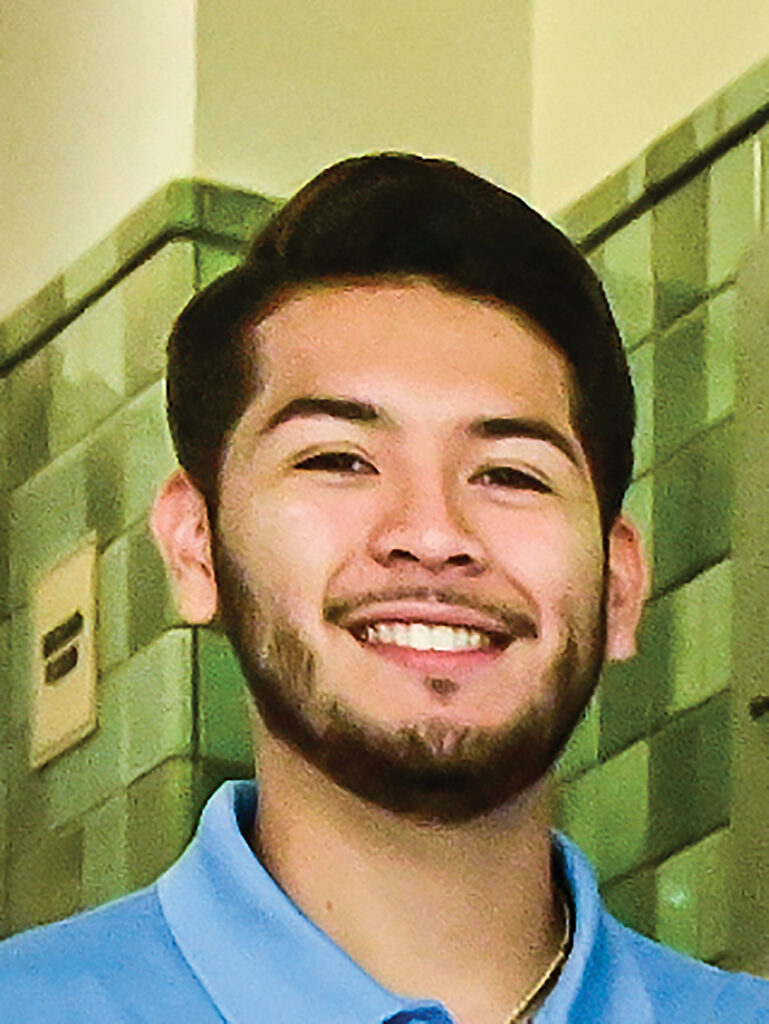
Fresh Start student chaplains, those dedicated to first-year students, are trained to help students transition from high school to college. Their job is to talk to these first-year students, maintain specific contact hours and offer programs in residence halls.
“Sometimes students aren’t comfortable going to the College chaplains,” Mattie Jenkins ’22, a Fresh Start chaplain said. “Because this is my job, I have the time, the space and the means to build relationships with them, which hopefully will make it easier for them to come to me with things that they are struggling with.”
Noé Guevara ’21, another Fresh Start chaplain, agreed.
“Your reaction won’t be the same if a student chaplain knocks on your door than if a college chaplain comes knocking,” he explained, laughing.
His way of reaching out to students often includes knocking on all of their doors handing out candy and checking in. “I put myself out there for whatever my students might need.”
Likewise, Jenkins looks for ways to encourage students to grow in their religion. She invites students to open up and interact through a prayer request bag on her door, or sitting in the lobby offering jelly beans to students in exchange for questions about spirituality.
Jenkins, a Spanish major who wants to be a missionary, considers her chaplain job to be important because it helps her meet people wherever they are in their spiritual journey.
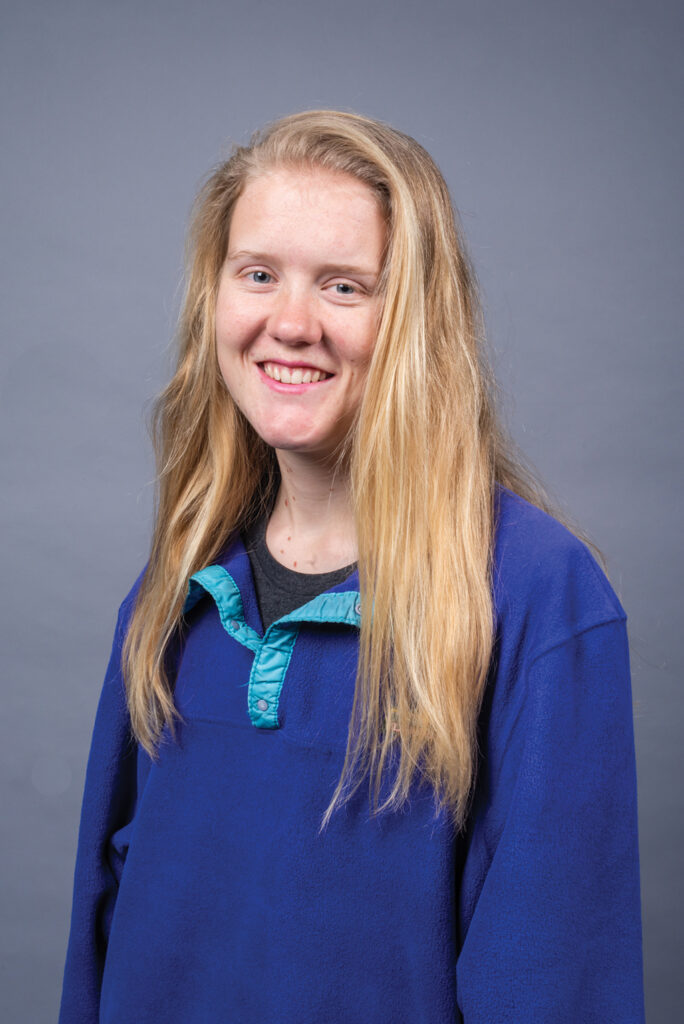
“As a chaplain, I am an advocate for spiritual life,” Jenkins said. “In turn, being a chaplain has helped me grow in leadership and intentionality.”
Student chaplains also are considered servant leaders. For Guevara, being a chaplain was not an option at the beginning. But after getting the job, he fell in love with the idea of serving others.
“When I was a first-year student, I didn’t know anything,” he explained, “I want to be there for my students the same way I wish a chaplain would have helped me.”
Being a chaplain contributes to learning time management, flexibility and how to talk to people of different faiths, Guevara said. As a future teacher, these skills are essential for his career path.
“As a teacher, you will be exposed to different beliefs, peoples and backgrounds, so being a chaplain has created a good exposure beforehand,” he said.
“This job has been a big blessing because I talk to everybody,” Guevara added. “It can be hard at times, but that’s what I’m here for.”


